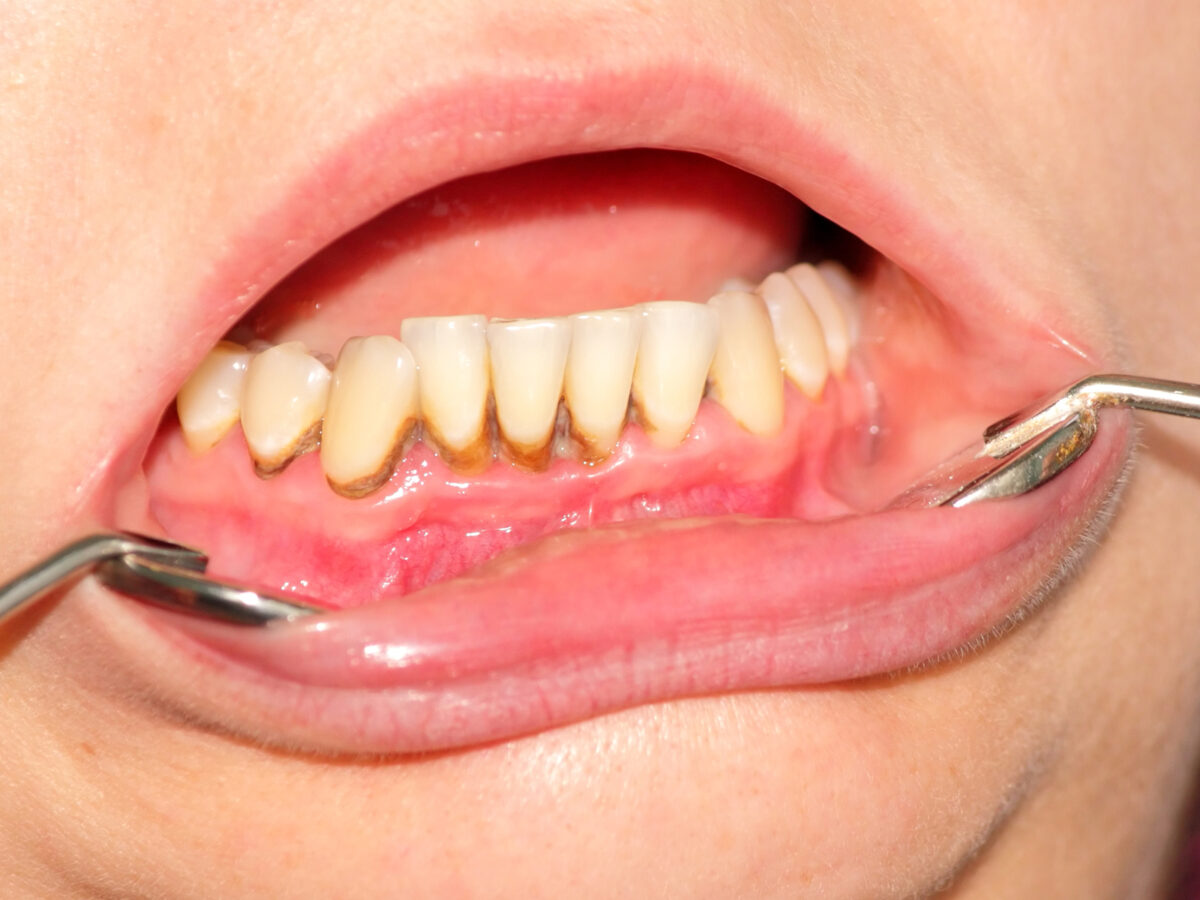Blog
Dental hygiene tips for healthy teeth & gums

How to remove hardened tartar
The desire to own a captivating smile with sparkly white teeth is common and very justified. But, the journey towards a pearly white set of teeth may be perilous as dental care can be tricky. The little mistakes, if prolonged, can do a lot of harm. One menace that hampers the dental hygiene of a lot of people is tartar. Well, tartar which is alternately known as calculus, is a rough and porous mineral buildup on the teeth. Tartar is formed when dental plaque stays and is hardened on the teeth. Tartar is a common dental problem, and research shows that approximately 68 per cent of adults have tartar to some degree. Children, old people, smokers and people with dry mouth are more susceptible to suffer from tartar. There are a variety of methods to remove tartar and let us look at some of them.
- The best way to remove already existing hardened tartar on teeth is by seeking dental care. Dentists or dental hygienists use a special technique called scaling to remove hardened tartar from the teeth and below the gumline.
- Regularly flossing is another viable method to remove tartar. Although flossing may seem like a laborious task, it does wonder in removing tartar and food particles from your mouth.
- Since tartar is caused by the buildup of plaque, brushing teeth twice a day is a simple and effective solution to remove tartar.
- Using a toothpaste tube with fluoride crucial. It is that Holy Grail ingredient that strengthens teeth enamel and reverses acid damage. Fluoride re-mineralizes the tooth enamel, which will prevent plaque formation, thereby reducing the risk of tartar.
- Tartar-control toothpaste is important as they contain chemicals, compounds and antibiotics to destroy plague and prevent tartar buildup.
- Baking soda is an effective remedy to remove tartar. You can mix baking soda with your toothpaste once a week to fight tartar buildup.
- A dental scaler or scraper is another technique to remove hardened tartar.
Tartar and its negative trail
Tartar is the clear sign of poor dental health and is the starting stage for other severe gum and teeth problems. Tartar is yellowish-brown in colour and is not a very pleasant sight. Tartar provides dental plaque with more surface area to stick inside the mouth; this, in turn, leads to more bacteria and more tartar, and the vicious cycle continues. Also, hardened tartar can make brushing and floss very difficult. The fact that hardened tartar on the teeth fosters bacteria may lead to cavities and tooth decay. Tartar is porous and thus absorbs extrinsic stains of coffee, cigarettes, etc., more quickly. Hence, external teeth staining can become more prominent due to tartar. Lastly, tartar is not only formed on the teeth but also below the gum line and may result in receding gums and gum disease.
Getting professional cleaning done is the optimal way to tackle tartar formation. As we can see that tartar is a result of negligence in dental care, the more prudent route is to be smart and take necessary precautions beforehand. Following a good oral regimen is the best method to keep teeth and gum problems at bay.
PFA – In case of problems or discomfort related to teeth and gums, please visit your nearest dentists at the earliest.
Book Appointment to find out which treatment might be best for you.


